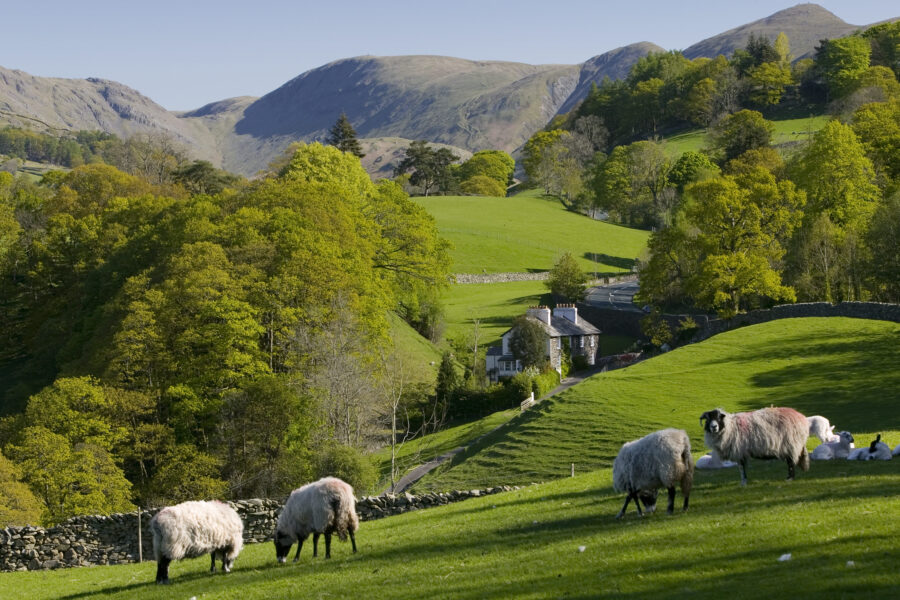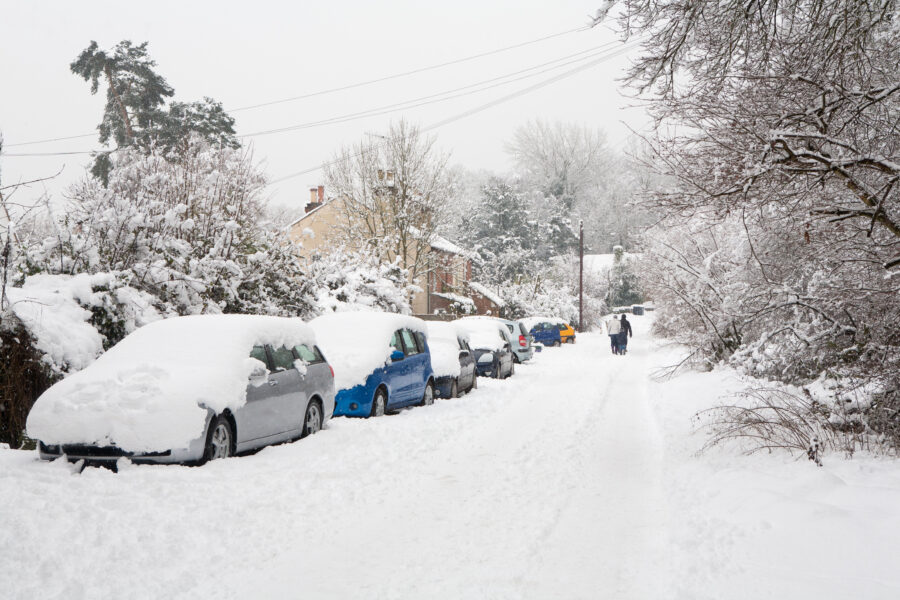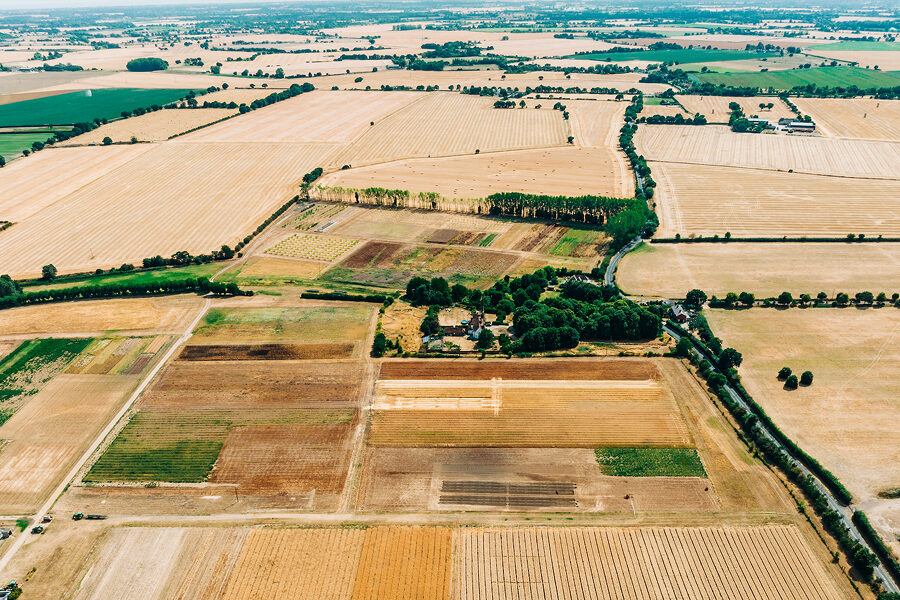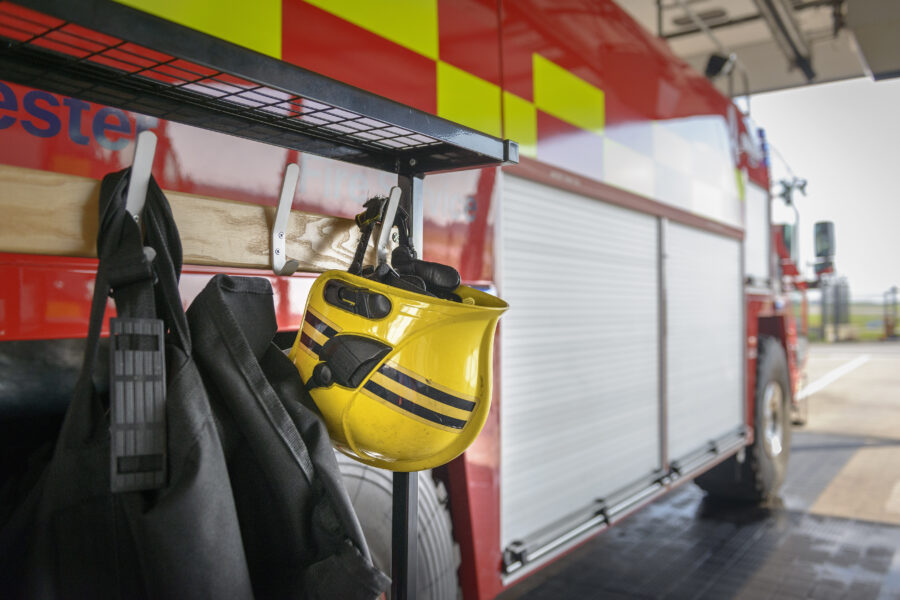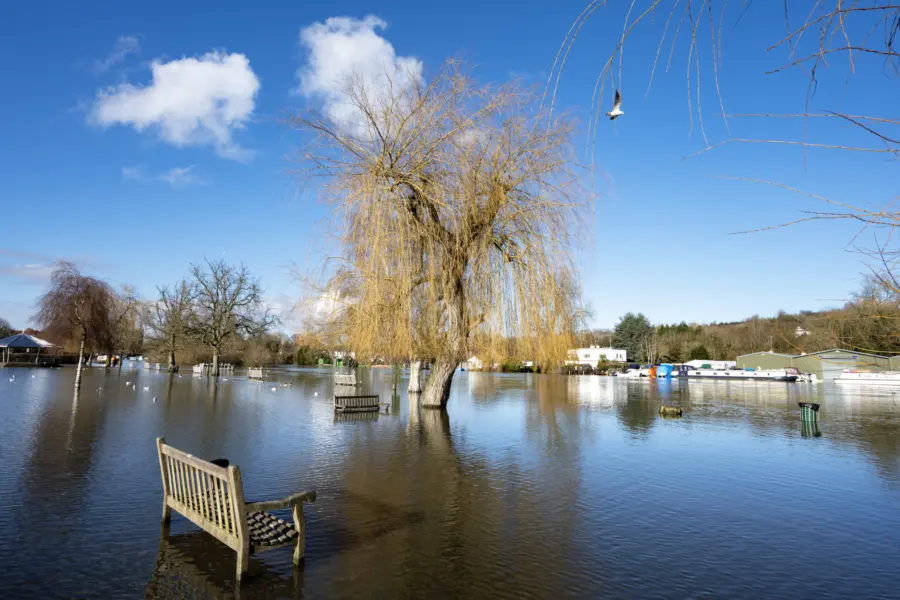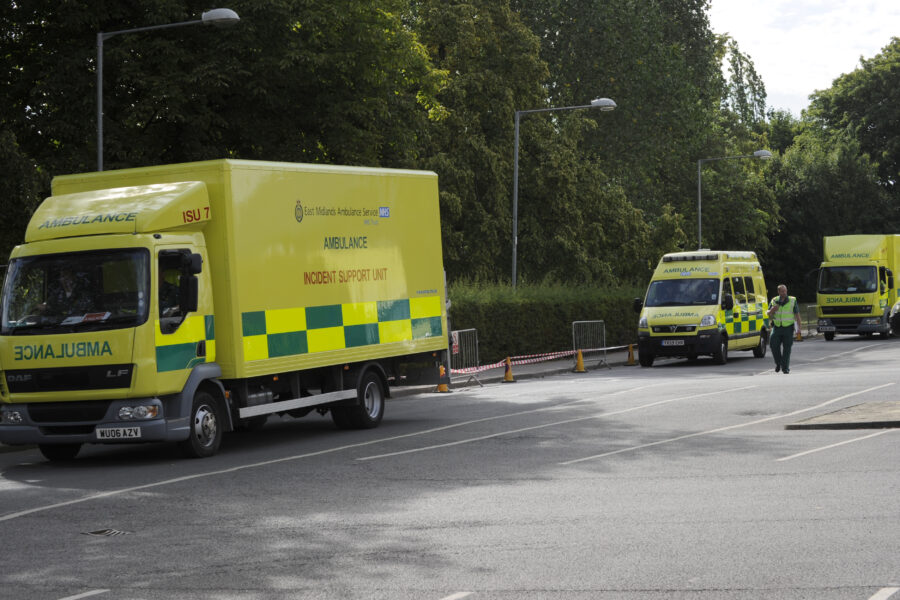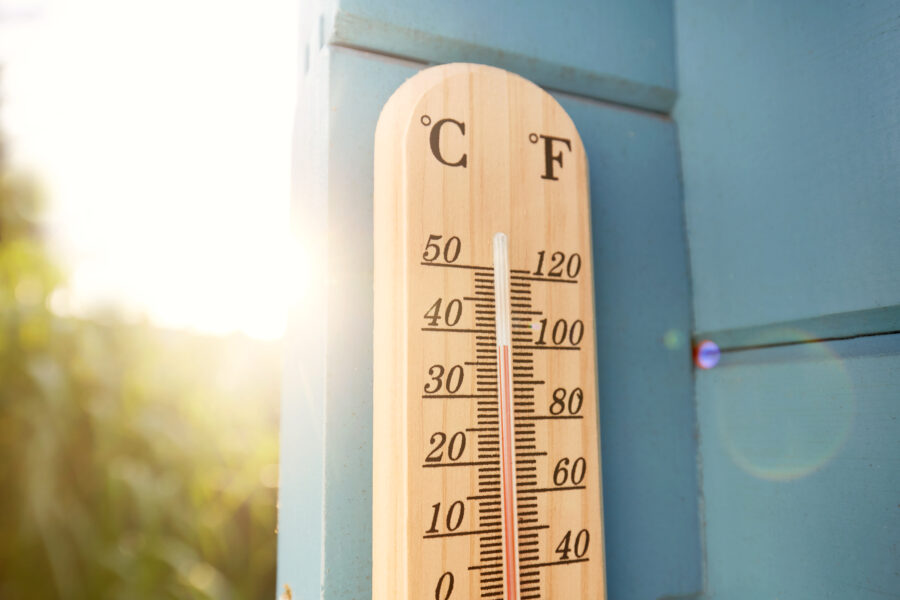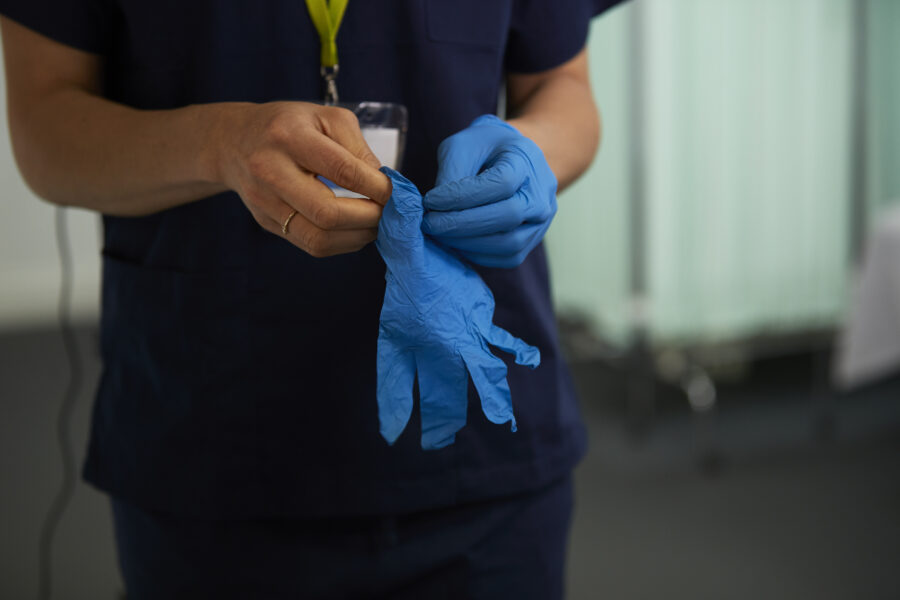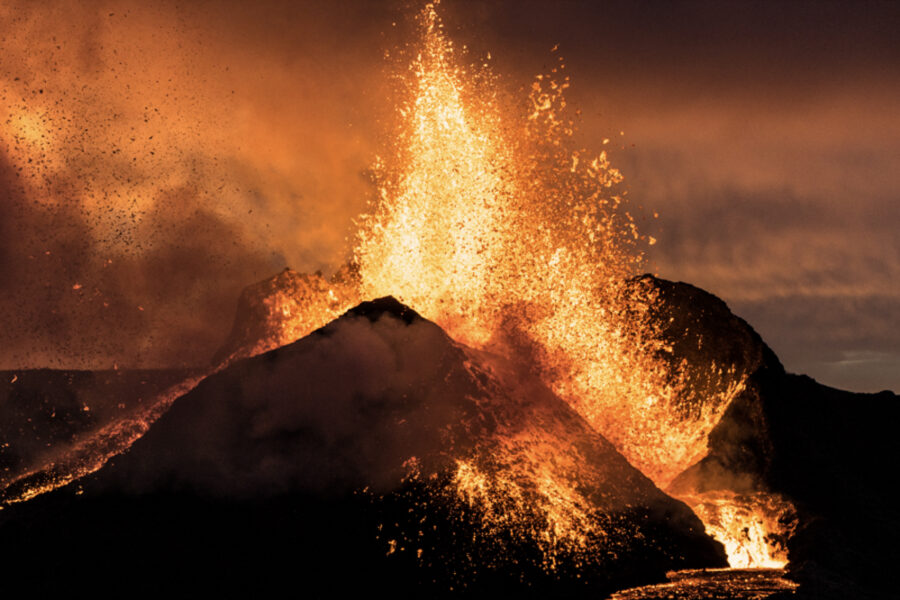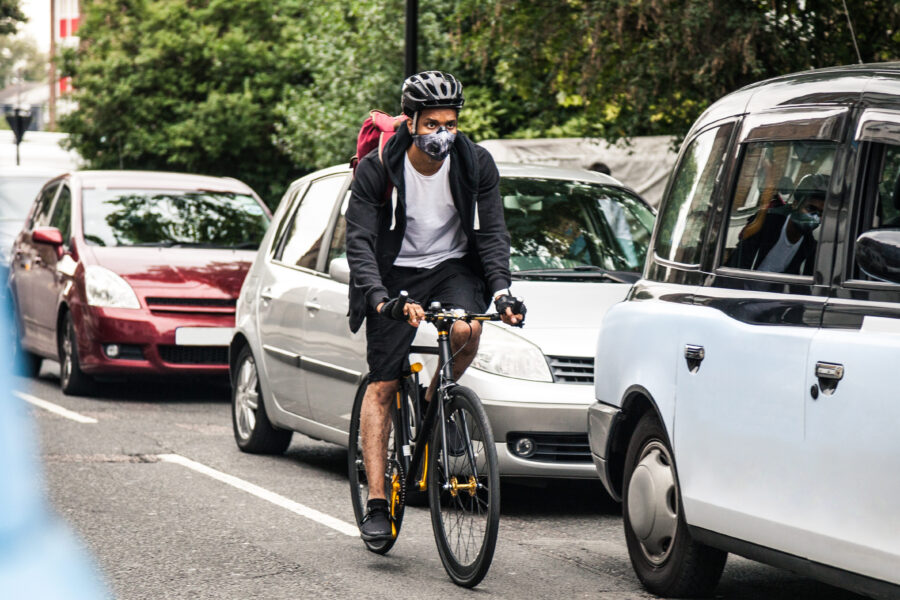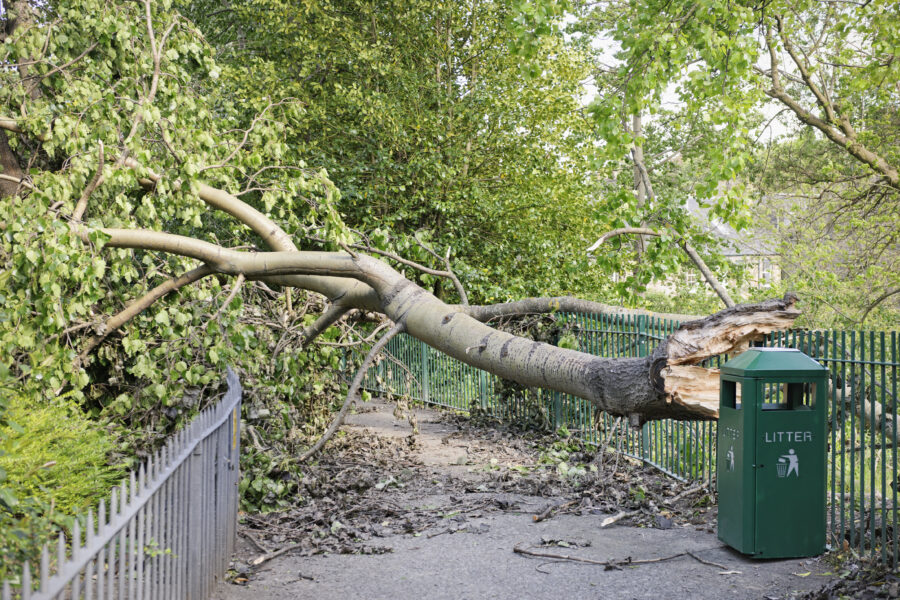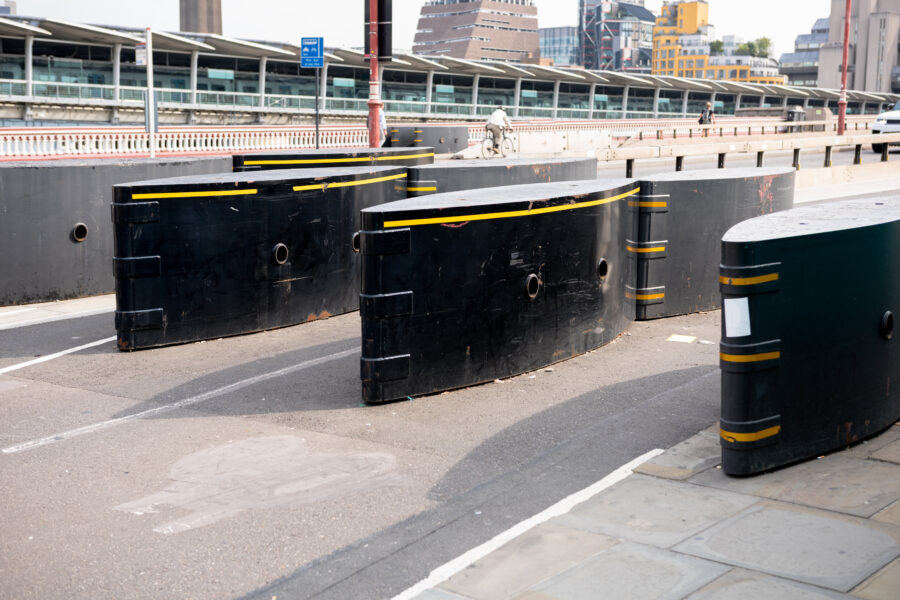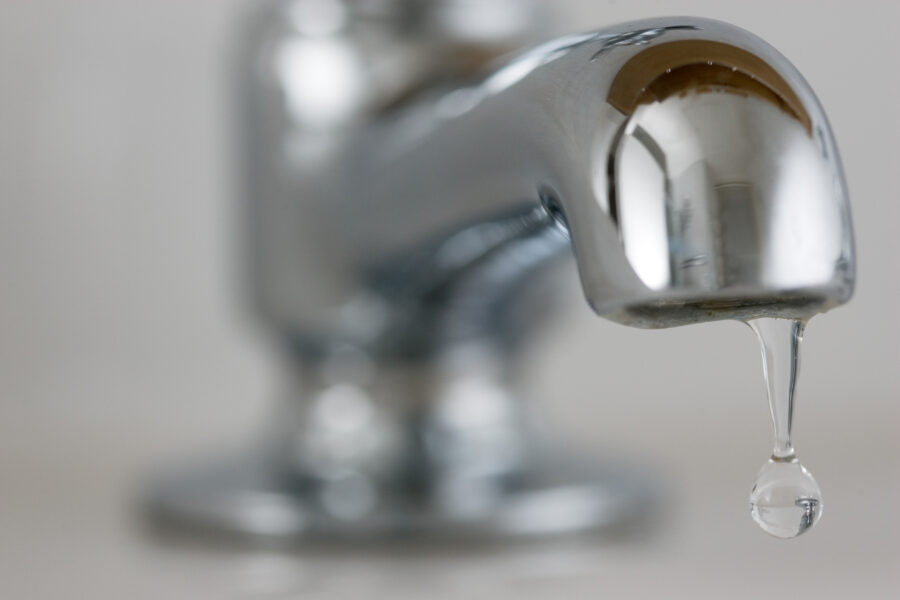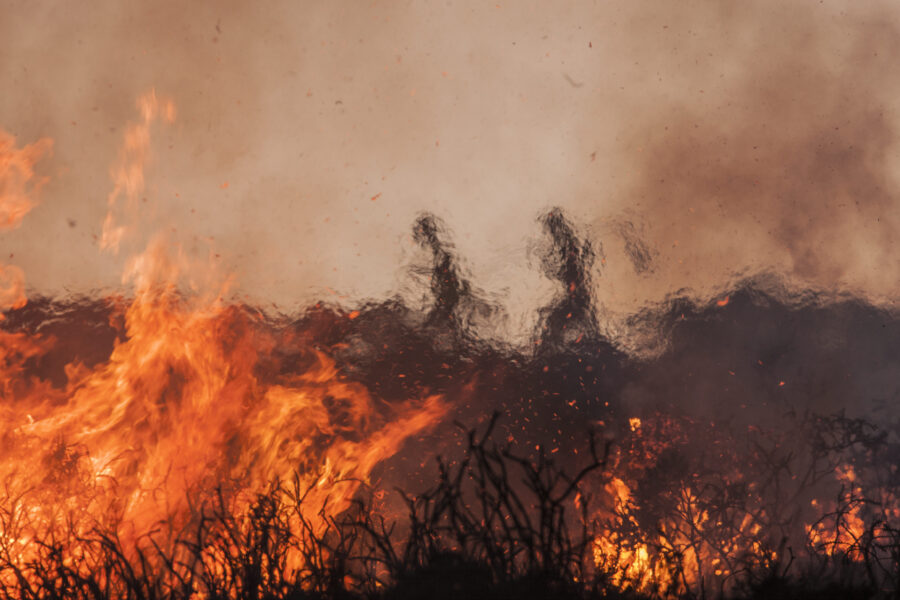On this page you will find links to information and advice for different hazards and emergencies – these could be natural, human-induced, or both.
These events won’t always happen separately, for example a storm could lead to a power cut, and a power cut could lead to a water outage.
Use the information provided to think about the impact some of these hazards and emergencies might have on your day-to-day life, and whether there’s anything you could do now that would make it easier for you to manage if it did happen.
Some areas will be more likely to experience certain types of emergencies than others. You should find out more about the different types of hazards that could happen where you live.
Some of the pages below contain information about people most ‘at risk’. These lists aren’t exhaustive, but highlight who might be at increased risk of the event occurring, more likely to suffer poor health outcomes, or who might need additional support or help. Although emergencies can impact everyone, these individuals should pay particular attention to the information and advice on that page.
At the bottom of this page you will find some generic information on what to do in an emergency.
Call 999 if you or someone else is in immediate danger
What to do if you are involved in an emergency
- In an emergency, always dial 999 and follow the advice of the emergency services. It is important to teach children when and how to dial 999.
- Depending on the nature of the incident, those affected may be asked to ‘Go in, Stay in and Tune in’ to local or national radio stations or check official sources of information online. Unless there is an obvious risk to a building, going inside and seeking further information is often the safest thing to do. People should always be guided by what they can see going on around them – for example, it is never safe to return to a building that is on fire.
- In some situations, you may need to evacuate for your own safety. It is important not to delay evacuating properties, buildings or general locality if asked to by the authorities. Delaying or refusing to evacuate may put your life at risk, as well as putting emergency responders in danger if they later have to return to properties to deliver the evacuation request again, or to rescue someone trapped.
- If you find yourself at the scene of an emergency and it is safe to do so, you could play a vital role by providing first aid, comfort and support while waiting for the emergency services to arrive.
- If you are not already at the scene, do not attempt to get closer to a location where an emergency is taking place. This can put you in danger and you can get in the way of the emergency services. If you would like to help, look out for calls for support from local community groups and your local councils. In some emergencies, calls for support may come from national government or national voluntary organisations.
- If it is safe to do so, consider checking in on neighbours or anyone you think might need additional help or support, or to pass on important information about the emergency.
Information sources during an emergency
In an emergency pay attention to official sources of information such as the websites and social media accounts of local authorities, government agencies or emergency services, or messages to your mobile phone from the UK Government Emergency Alerts Service.
You should check local radio stations and local TV broadcasts, internet and news sources for specific advice from local emergency partners.
The internet can be a helpful source of information, however it is important to remember that the internet and social media are full of both facts and opinions. Some information you find online can be misleading and inaccurate, making it harmful to share with friends and family.
